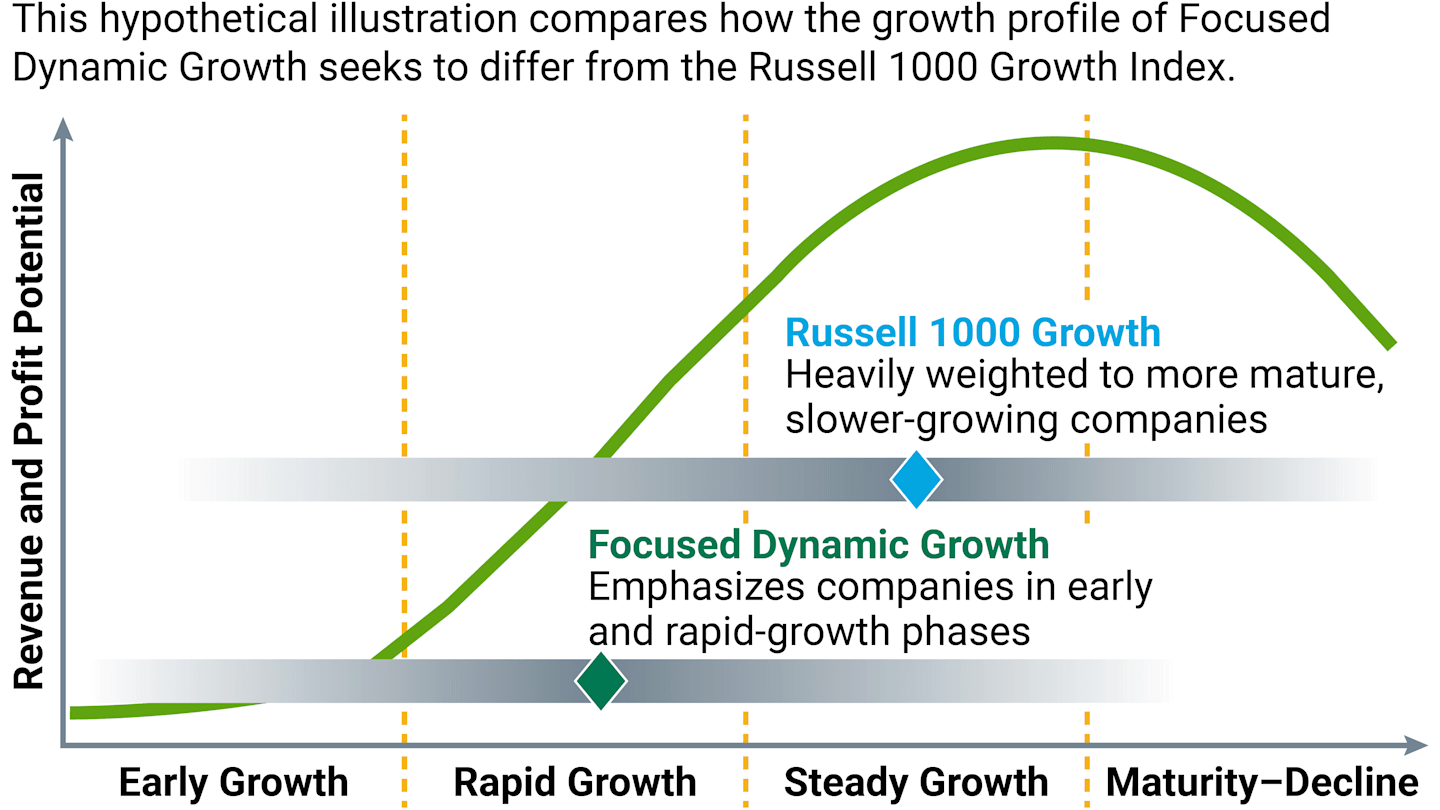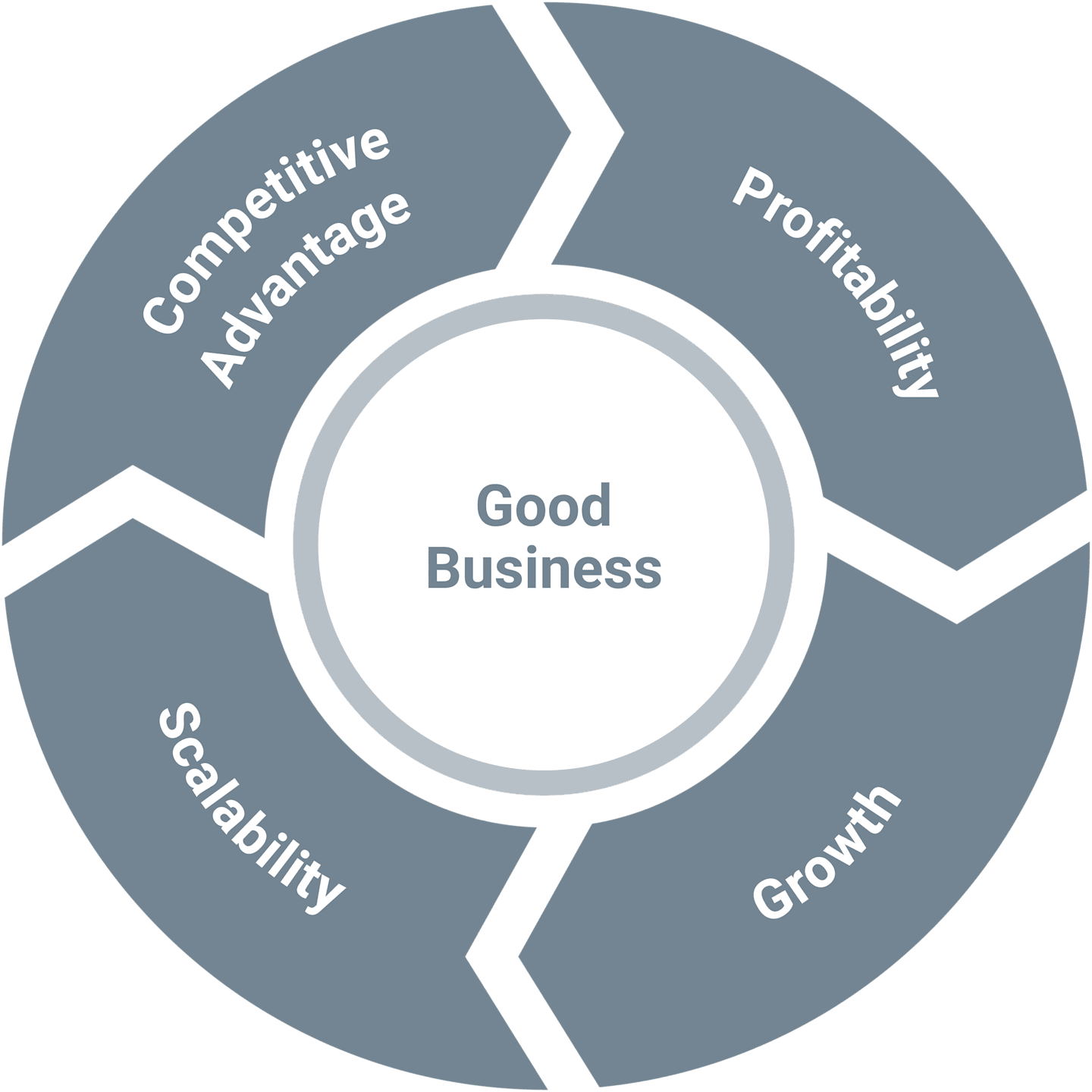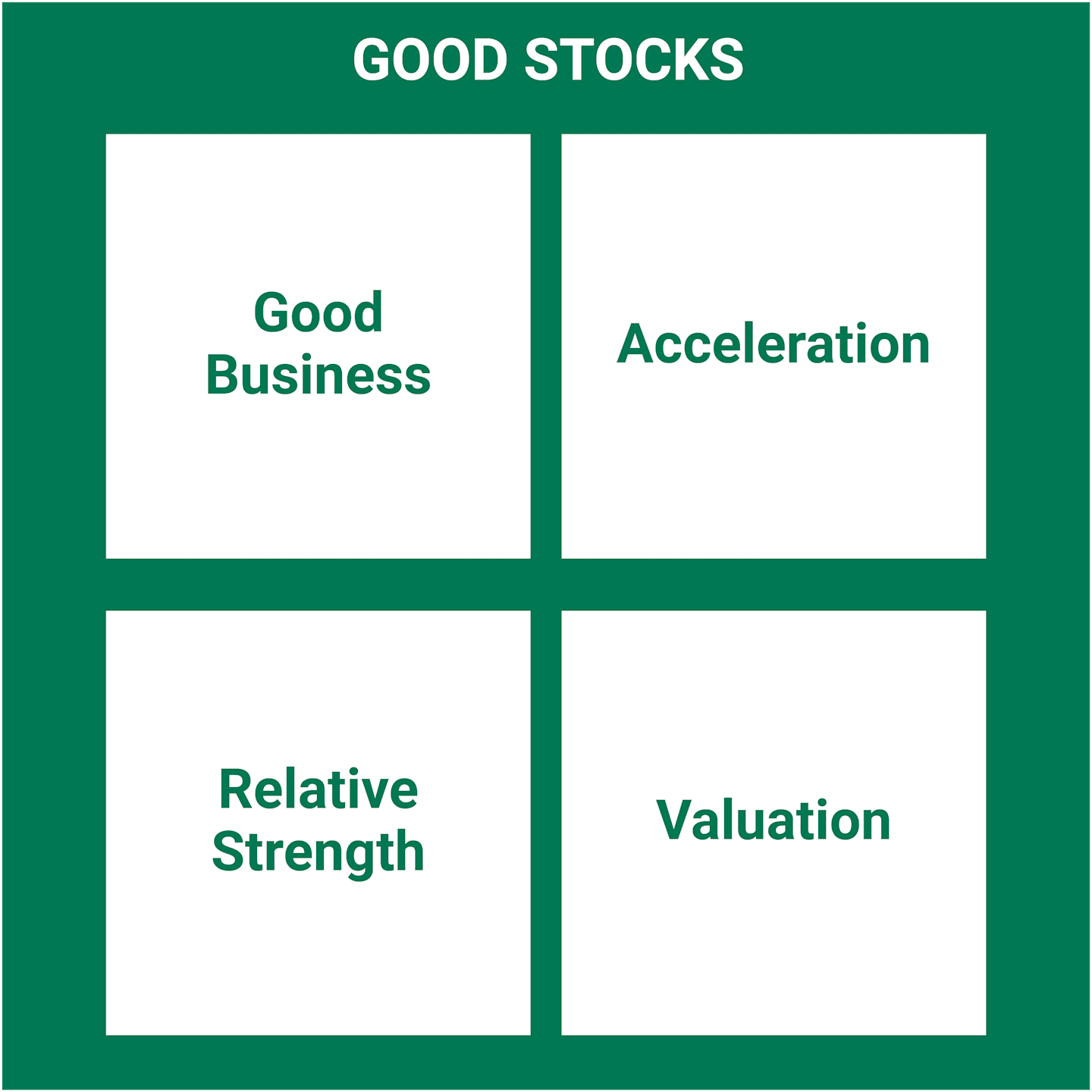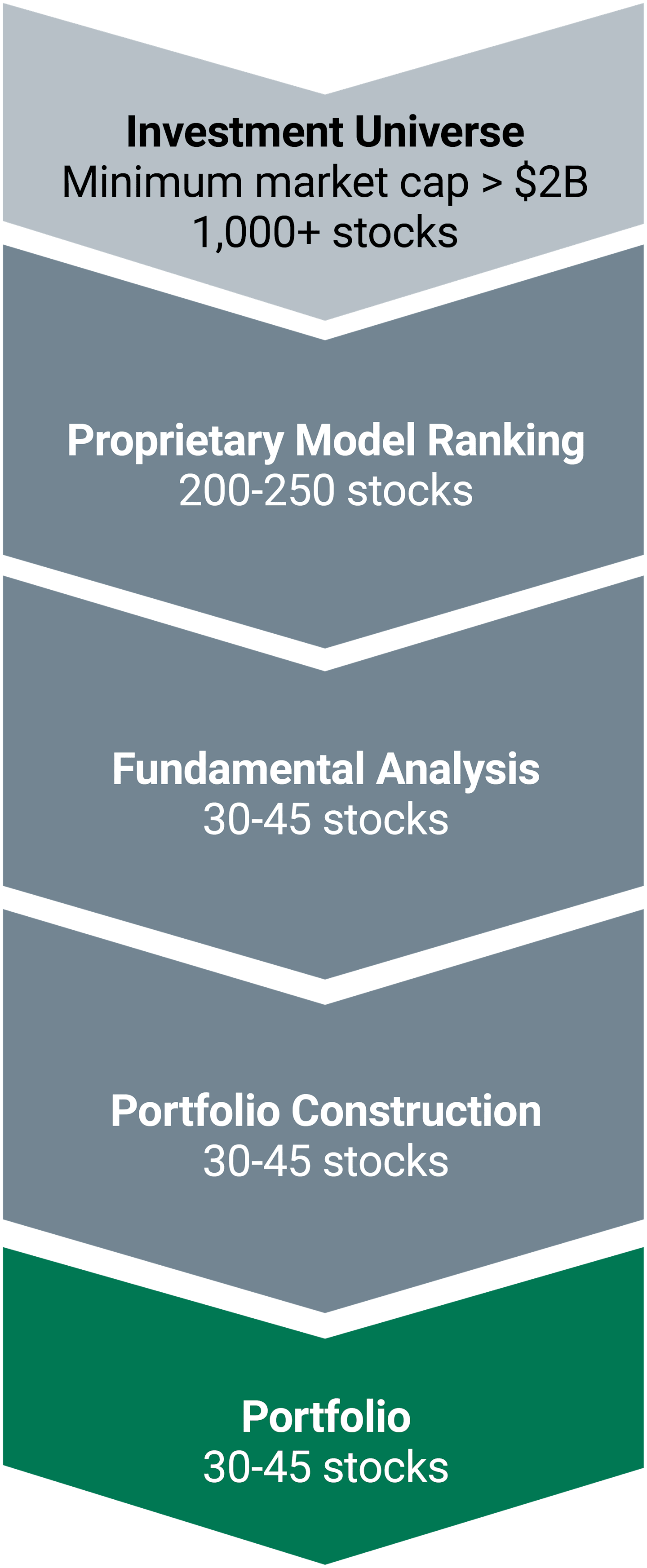Strategy Inception
2016
Strategy AUM (USD)
$2.05 B
As of 03/31/2025
Overview
A High-Conviction Portfolio
A risk-aware portfolio of 30-45 holdings that we believe are the best opportunities for long-term capital appreciation over multiple market cycles.
Differentiated Philosophy
Our approach seeks large-cap companies during early and rapid stages of growth who are innovating in their industries.
Alpha Through Stock Selection
Capitalizing on our research and stock selection to drive alpha (targeting 3-4%), not macro or sector factors.
| Inception Date | 07/01/2016 |
| Total Assets | $2.05 B USD As of 03/31/2025 |
| Benchmark | Russell 1000 Growth Index |
| Target Excess Return | 3% - 4% Over a standard market cycle |
| Target Tracking Error | 5% - 8% Over a standard market cycle |
| Target Number of Holdings | 30 - 45 |
Available Vehicles
U.S. and certain other countries
Institutional Separate Account, UCITS, SMA, Collective Investment Trust
Only in the U.S.
| Maximum Position Size | 10% at purchase or 20% of active risk |
| Regional Exposure | Max 10% Of non-U.S. |
| Sector Exposure | ±10% Within benchmark |
This is a high-conviction portfolio seeking companies with sustainable growth and durable competitive advantages.
Philosophy
In seeking to invest in companies during their early stages of growth, we believe that those with good business characteristics can lead to stock outperformance conditions.

Investing During Early and Rapid Stages of Growth
A high-conviction focus on companies positioned for sustained, high growth in revenue and profits over time differentiates the portfolio from it’s peers.
Seeking Good Businesses and Stocks
Good stocks start with good businesses. Characteristics of a good business includes profitability, scalability, growth and a competitive advantage.

Good Business Characteristics
Equally important
Equally synergistic
Self-perpetuating cycle

Stock Outperformance Conditions
Acceleration in fundamental business trends
Attractive valuations
Positive relative strength
Process
The team employs a fundamentally-driven, risk-managed investment process that incorporates a proprietary, multi-factor model and deep analysis to create unique insights that drive portfolio construction.
3-Step Investment Process
Our fundamentally driven, risk-aware investment process screens a universe of nearly 1,200 stocks down to the most compelling 30 - 45 companies.
Steps
Proprietary Multi-Factor Model Ranking
Proprietary multi-factor model ranks stocks based on:
Fundamental acceleration, relative strength, earnings quality and valuation
Deep Fundamental Analysis
Conduct deep fundamental research to identify and confirm:
Quality of the company and financials, drivers of acceleration and sustainability of growth and profitability
Portfolio Construction
Construct portfolio emphasizing stock selection subject to:
Liquidity constraints, risk-management guidelines and a high growth performance contour
Results
30 - 45 high conviction holdings

This product also incorporates sustainability considerations. Discover our proprietary sustainability research platform.
Team
Collective decision making and a differentiated team drives continuity
Portfolio Managers
Firm Start
1998
Industry Start
1996
Firm Start
2011
Industry Start
2001
Firm Start
2004
Industry Start
2004
| Assets Under Management | $2.05 B USD As of 03/31/2025 |
| Locations | Kansas City, MO - New York, NY - Santa Clara, CA |
Cross-Discipline Support
Client Portfolio Managers
Investment Analysts
Global Equity Trading
Sustainable Research Team
Global Analytics
Takeaways
A differentiated portfolio focusing on innovating companies in their early and rapid growth phase.
An actively-managed, risk-aware portfolio of 30-45 high-conviction holdings.
Team of former industry practitioners seeking to drive alpha through stock selection, not macro or sector factors.
Performance
Composite Performance in USD (%)
*Annualized
Data reflects past performance. Past performance does not guarantee future results. The value of investments may fluctuate. Data assumes reinvestment of dividends and capital gains.
Insights
Many of American Century's investment strategies incorporate sustainability factors, using environmental, social, and/or governance (ESG) data, into their investment processes in addition to traditional financial analysis. However, when doing so, the portfolio managers may not consider sustainability-related factors with respect to every investment decision and, even when such factors are considered, they may conclude that other attributes of an investment outweigh sustainability factors when making decisions for the portfolio. The incorporation of sustainability factors may limit the investment opportunities available to a portfolio, and the portfolio may or may not outperform those investment strategies that do not incorporate sustainability factors. ESG data used by the portfolio managers often lacks standardization, consistency, and transparency, and for certain companies such data may not be available, complete, or accurate.
Sustainable Investing Definitions:
Integrated: An investment strategy that integrates sustainability-related factors aims to make investment decisions through the analysis of sustainability factors alongside other financial variables in an effort to make more informed investment decisions. A portfolio that incorporates sustainability factors may or may not outperform those investment strategies that do not incorporate sustainability factors. Portfolio managers have ultimate discretion in how sustainability factors may impact a portfolio's holdings, and depending on their analysis, investment decisions may not be affected by sustainability factors.
Sustainability Focused: A sustainability-focused investment strategy seeks to invest, under normal market conditions, in securities that meet certain sustainability-related criteria or standards in an effort to promote sustainable characteristics, in addition to seeking superior, long-term, risk-adjusted returns. Alternatively, or in addition to traditional financial analysis, the investment strategy may filter its investment universe by excluding certain securities, industry, or sectors based on sustainability factors and/or business activities that do not meet specific values or norms. A sustainability focus may limit the investment opportunities available to a portfolio. Therefore, the portfolio may underperform or perform differently than other portfolios that do not have a sustainability investment focus. Sustainability-focused investment strategies include but are not limited to exclusionary, positive screening, best-in-class, improvers, thematic, and impact approaches.
This is marketing material. This information is intended to be general in nature and is not personal financial product advice. Any advice contained here is general advice only and has been prepared without considering the investment objectives, financial situation or particular needs of any particular person. Before acting on any information, you should consider the appropriateness of the information provided and the nature of the relevant financial product having regard to your investment objectives, financial situation and needs. It is not intended to take the place of professional advice and you should not take action on specific issues in reliance on this information. American Century nor any of their related parties, their employees or directors, provide any warranty of accuracy or reliability in relation to such information or accept any liability to any person who relies on it.
Sources: MSCI Inc., FactSet
Source: MSCI. Morgan Stanley Capital International (MSCI) makes no express or implied warranties or representations and shall have no liability whatsoever with respect to any MSCI data contained herein. The MSCI data may not be further redistributed or used to create indices or financial products. This report is not approved or produced by MSCI.